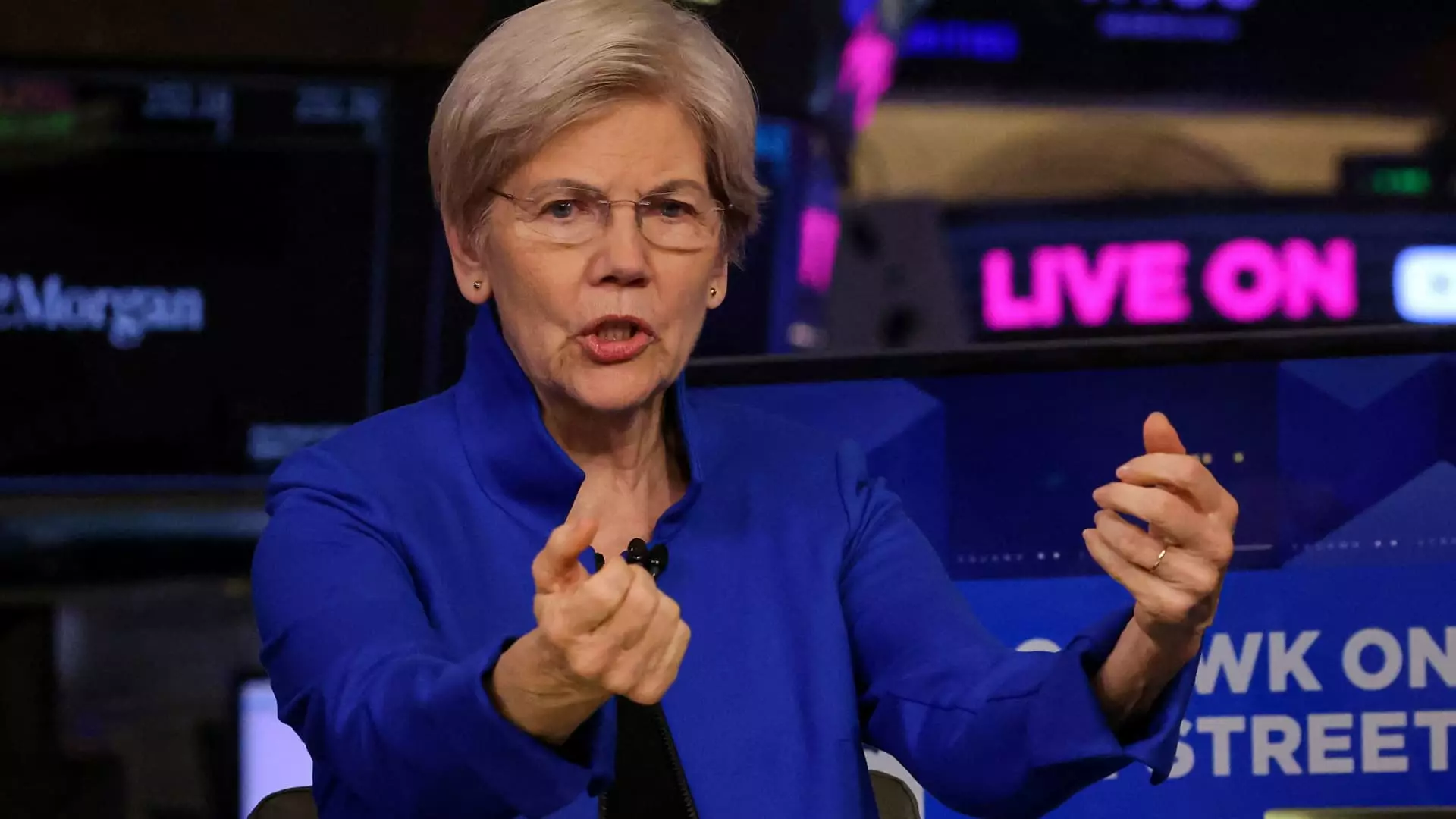The recent tumult surrounding the potential dismissal of Federal Reserve Chair Jerome Powell underlines a critical crisis in American economic governance. At its core, this turmoil reveals a disturbing tendency for political figures to prioritize short-term gains or ideological battles over the independence that underpins the stability of both domestic and global financial systems. Such interference, whether real or perceived, threatens to plunge markets into chaos and erodes the very trust necessary for economic growth. This is not merely a partisan skirmish; it is a fundamental challenge to the post-World War II consensus that kept monetary policy insulated from arbitrary political whims.
The core principle at stake here is independence. The Federal Reserve’s ability to operate without direct political pressure is a cornerstone of a stable economy. When a sitting president publicly attacks or hints at firing the chair, it politicizes monetary policy, transforming what should be data-driven decisions into tools for electoral or ideological advantage. This erosion of independence can create a climate of uncertainty that investors despise, leading to rapid fluctuations in stock markets, bond yields, and currency values. The risk is that markets will react to the instability of leadership rather than sound economic fundamentals.
Elizabeth Warren’s warnings highlight an essential truth: attempts to oust Powell are not solely about one individual’s leadership but about the health of the entire financial ecosystem. By threatening the independence of the Fed, politicians undermine a key mechanism for stabilizing the economy during turbulent times. This is especially precarious given the delicate state of inflation, interest rates, and international trade tensions. A chief risk is that such aggressive politicization may prompt the Fed to make irrational or hasty policy decisions, exacerbating economic uncertainty instead of alleviating it.
The Myth of Political Control Over Independent Institutions
There exists a misguided belief among some policymakers that economic stability can be forcibly aligned with political agendas. This fallacy ignores the complex, nuanced nature of modern macroeconomic management, which requires unbiased analysis and long-term perspective. Jerome Powell’s leadership has often been criticized from both sides of the political spectrum, but his tenure exemplifies the importance of an independent central bank navigating turbulent waters. When political leaders attempt to diminish this independence, they risk transforming the Fed into merely a puppet manipulated for electoral convenience.
The situation becomes more troubling when considering the potential for an Orwellian landscape where the stability of the financial system hinges on political favor rather than economic reality. A politically motivated firing could produce one-time market shocks, but the lasting damage would be far more insidious: a deterioration of trust. Trust in institutions, in this context, is just as vital as trust in the dollar itself. Once that trust erodes, so too does the confidence in American leadership and its economic future.
Despite President Trump’s public dismissals and threats, Powell has consistently maintained that his position cannot be arbitrarily terminated. This legal and institutional safeguard is vital, yet it does not prevent the specter of political interference from casting its long shadow. The global economy, intricately linked to U.S. monetary policy, would falter in the face of such chaos, with emerging markets and global trade networks bearing the brunt.
Why Balance and Responsibility Matter More Than Political Wins
At the heart of this controversy is a fundamental misunderstanding of governance and economic responsibility. Public officials, especially presidents, must recognize that their role is to foster an environment where independent institutions can operate free of undue influence. True leadership involves resisting the temptation to weaponize economic policy for immediate political gain—an act that ultimately weakens the foundations of economic resilience.
The overarching lesson here is that the health of markets depends heavily on predictable, transparent, and independent decision-making. The Trump administration’s confrontational stance demonstrates a shortsighted view that political loyalty and market stability are compatible. Such a perspective neglects the complex interplay of confidence, trust, and institutional strength that underpins the U.S. economy’s robustness.
In a democratic society valuing transparency and stability, the public must demand leaders who prioritize long-term institutional integrity over fleeting political victories. The independence of the Federal Reserve isn’t just a bureaucratic luxury; it is an essential safeguard for everyone who depends on a thriving, resilient economy. As history has shown repeatedly, undermining this independence can lead to catastrophic market collapses, inflation spirals, and economic instability—consequences far graver than any short-term political inconvenience.



Leave a Reply